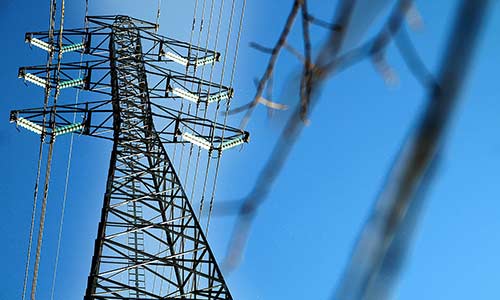Uganda’s state-run power grid operator reported that the country experienced an uncommon national blackout on Friday for a few hours and that power was progressively coming back late in the afternoon.
According to a statement made on the X platform by Uganda Electricity Transmission Company Limited (UETCL), the grid outage occurred as a recently finished 600 megawatt hydroelectric facility on the northern Nile River, which was constructed by China and cost $1.5 billion, was being tested.
“Uganda Electricity Transmission Company Limited informs the general public that a national blackout has been registered following a load rejection test at the Karuma hydropower plant,” the company posted on X on Friday.
About two hours later, there was another statement stating that the grid had partially recovered.
The energy ministry reports that Uganda has 2,000 MW of installed power-producing capacity. It has been looking at the possibilities of selling the excess power to neighbours like South Sudan and Kenya because it produces more than it needs.
Uganda uses 0.0593 quadrillion Btu of primary energy annually, or 14.94 million tons of oil equivalent (2012). The bulk of Ugandans still rely mostly on biomass as their energy source. Biomass accounts for almost 90% of all primary energy usage.













































